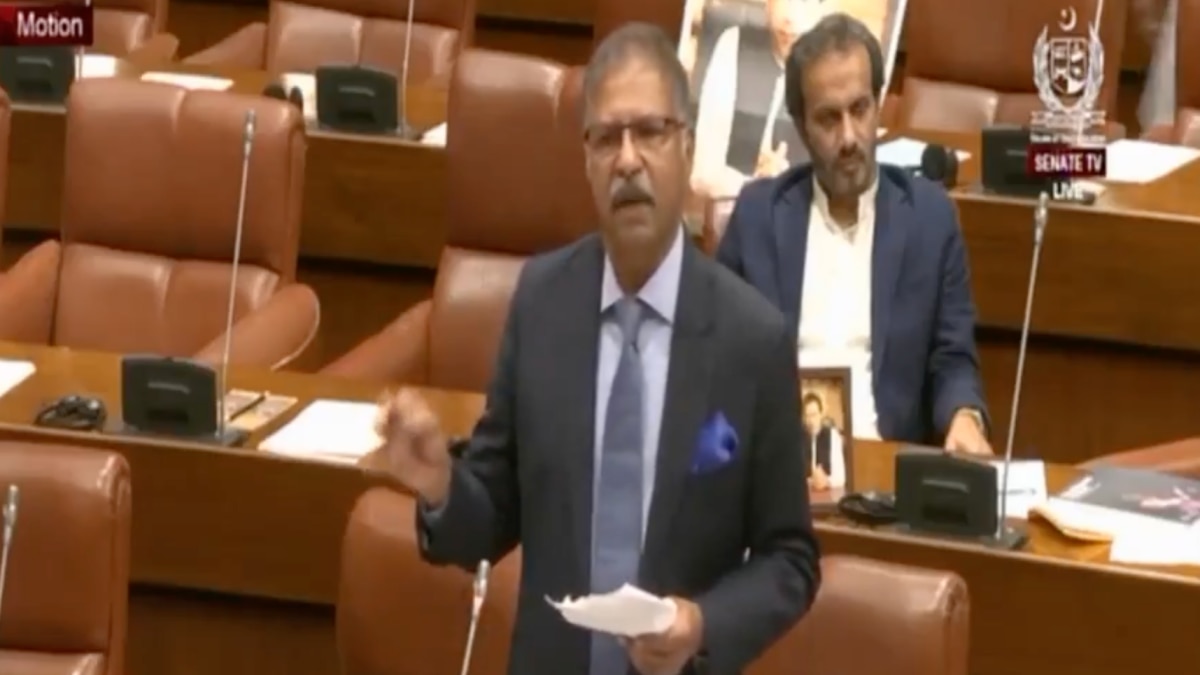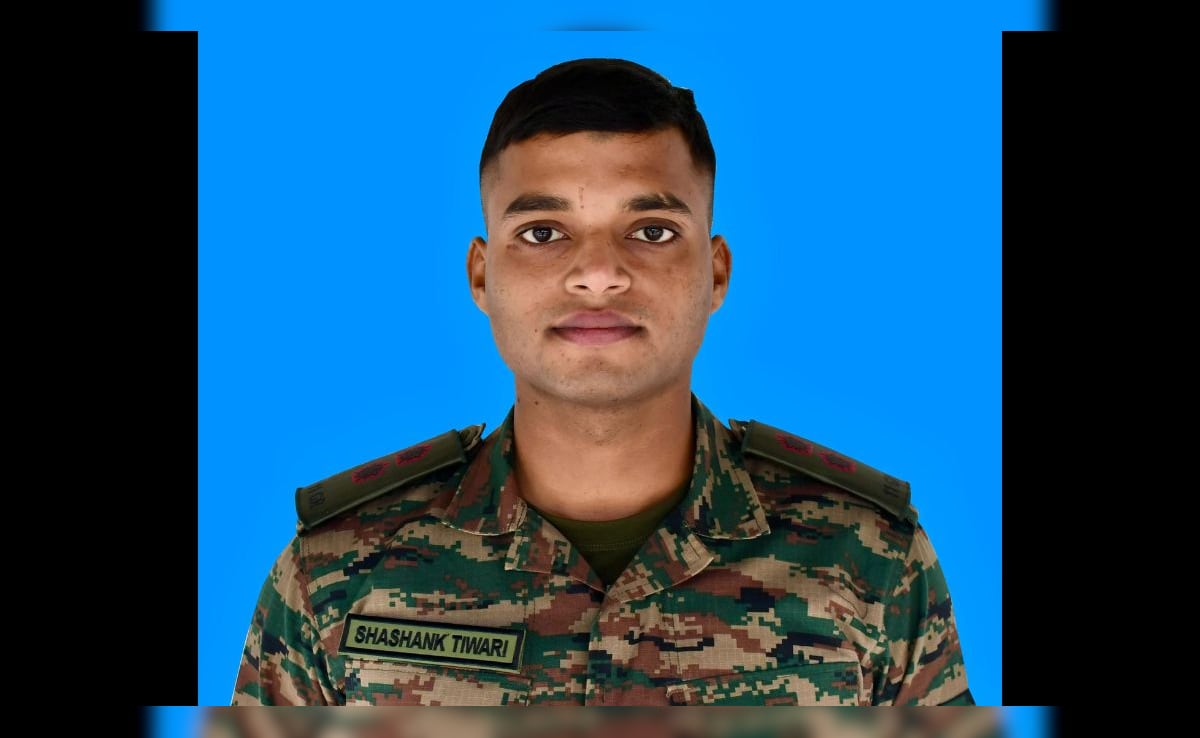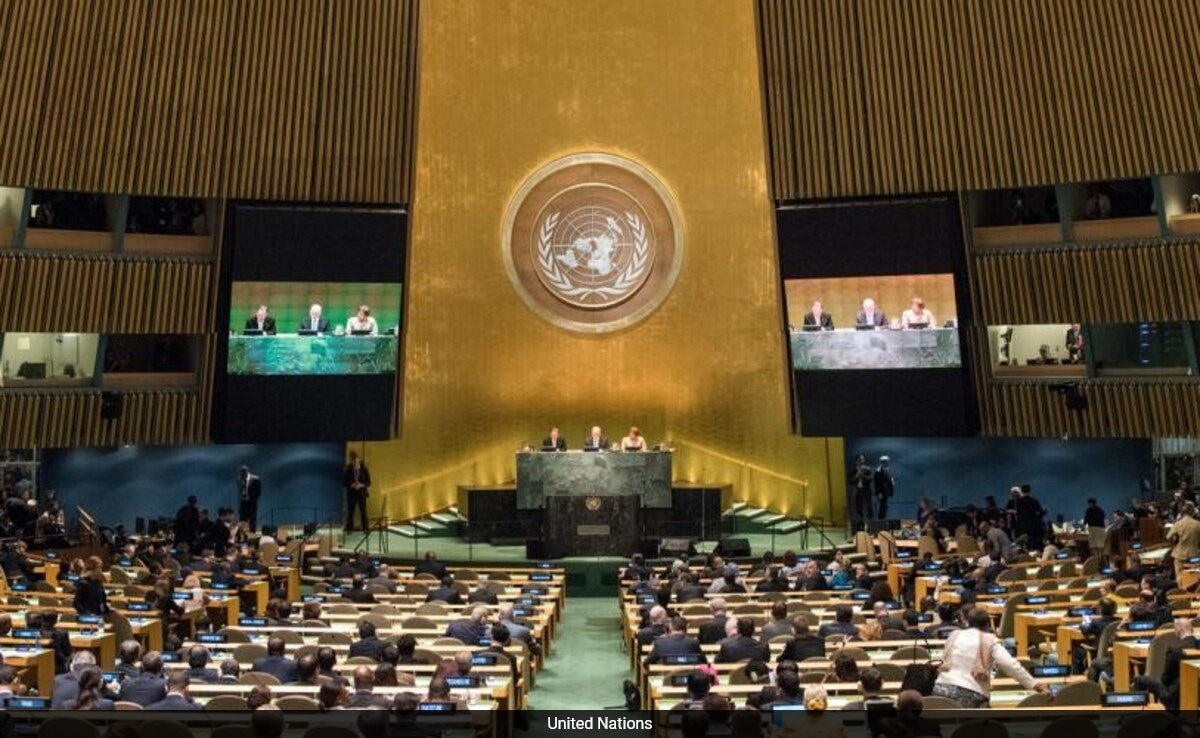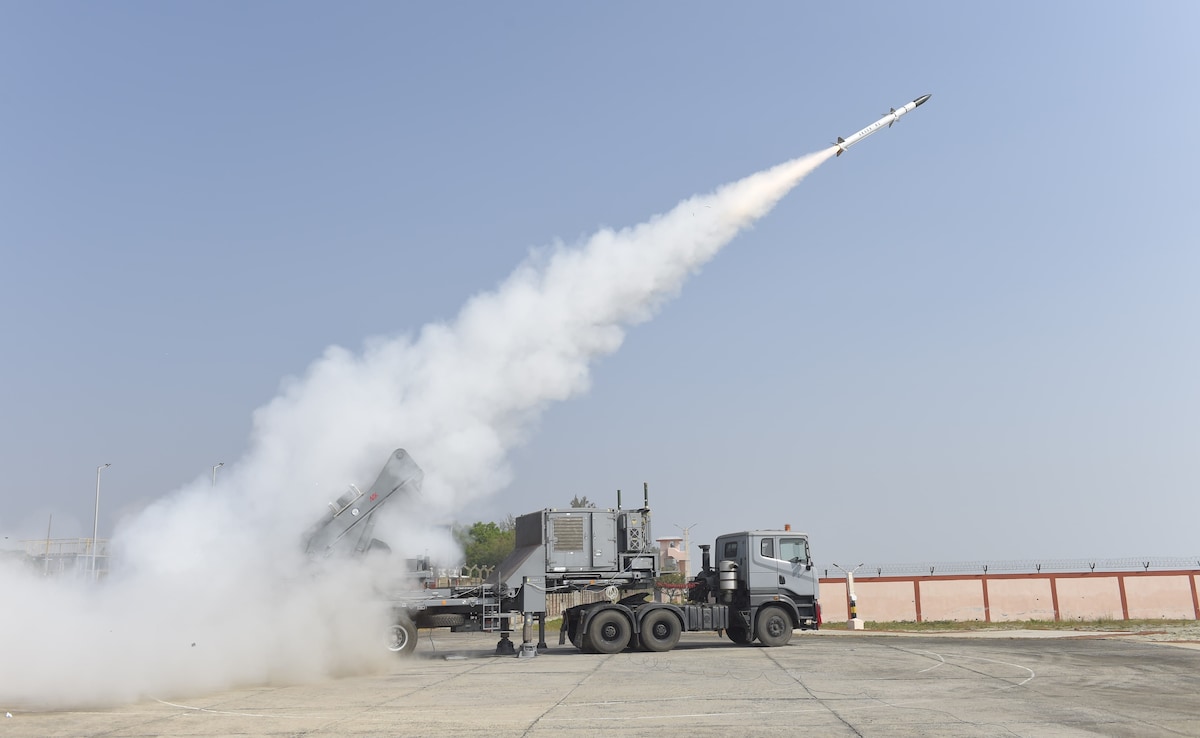<p>Pakistani Senator Syed Ali Zafar has warned of an impending humanitarian crisis in the country, terming it a “water bomb” that must be defused. The remarks come in view of India’s decision to put the Indus Waters Treaty (IWT) in abeyance in response to the April 22 terror attack in Jammu and Kashmir’s Pahalgam that claimed 26 lives. </p>
<p>Addressing the Senate, the opposition Pakistan Tehreek-e-Insaf (PTI) leader underscored the grave implications of India’s move for Pakistan’s already water-stressed population. “If we do not solve this water crisis now, we could die of hunger because the Indus basin is our lifeline. Three-fourths of our water comes from outside the country, and 90 per cent of our crops depend on this water. Our power projects and dams are all based on this system. This is a water bomb over us, and we must defuse it,” said Zafar.</p>
<p>Zafar likened the water issue to a war on Pakistan, declaring, “The issue of water is as critical for Pakistan as the issue of terrorism. This too is a war imposed on us.” He warned that the 21st century would witness wars over water, adding, “Pakistan is the most water-stressed country in the world and is rapidly heading towards water scarcity due to two reasons — climate change and population growth.”</p>
<p>Zafar also referenced the historical context of the IWT, claiming that water was used as a weapon by India just months after Pakistan’s independence. He remarked that the Radcliffe Award initially allocated the Ferozepur barrage to Pakistan, which was later altered, leaving Pakistan vulnerable. “When Pakistan was created, India decided to keep Pakistan in check through water. Within seven months, India shut the Sutlej water through the Ferozepur barrage, which made Pakistan realise that water could be used as a weapon.”</p>
<p>The Senator highlighted the origins of the Indus Waters Treaty, brokered by the World Bank in 1960 after 12 years of negotiation. “We had two options – to share water or go for separation, i.e., divide the rivers. It was decided that sharing would lead to continuous conflict, so a divorce-like settlement was made,” Zafar said. Under the treaty, the Ravi, Beas, and Sutlej rivers were allocated to India, while the Indus, Jhelum, and Chenab rivers were given to Pakistan.</p>
<p>He noted, “India was told not to stop, divert or utilise the waters of Pakistan’s rivers except to a limited extent for run-of-the-river hydroelectric projects.”</p>
<p>Zafar further added that if India wants to nullify the treaty, “it must dismantle its dams and release water to return to the original situation.”</p>
<p>At another point during the Senate debate, Zafar warned, “If India makes any arrangement and diverts even a drop of water, then we have the right to destroy it through our planes, missiles, and soldiers — that would be a declaration of war.”</p>
<p>Pak Senator Mohammad Humayun Ahmed criticised the Pakistani government, asking, “Why are we so apologetic all the time? The government is compromised.”</p>
<p>Another Senator Kamran Murtaza added that Pakistan had lost on water-related issues at every international forum. He called for a bipartisan committee in the Senate to address the crisis, cautioning, “It is easy to say attack India, but there is no justice in the world between a country with a $700 billion economy and another with $15-16 billion, mostly in debt.”</p>
<p>Meanwhile, Pakistani military spokesperson Lieutenant General Ahmed Sharif Chaudhry issued a statement resembling Lashkar-e-Taiba founder Hafiz Saeed’s rhetoric, news IANS reported. Referring to India’s suspension of the treaty, Chaudhry said, “If you block our water, we will choke your breath,” a phrase similar to Saeed’s remarks in a widely circulated video on social media.</p>
<h3><strong>India’s IWT Stance As PM Modi Says ‘Pakistan Won’t Get India’s Rightful Share Of Water’</strong></h3>
<p>The remarks come as the Ministry of External Affairs (MEA) reiterated that no dialogue with Pakistan would be held until Islamabad ceases support for terrorism. MEA spokesperson Randhir Jaiswal stated, “Any bilateral discussion will only be on the vacation of illegally occupied Indian territory by Pakistan.”</p>
<p>Jaiswal reaffirmed India’s firm stance on the IWT, declaring that it would remain suspended until Pakistan takes “credible and irreversible steps” to halt terrorism. Quoting Prime Minister Narendra Modi, he added, “Water and blood cannot flow together.”</p>
<p>Earlier, PM Modi, while addressing a rally in Rajasthan’s Bikaner, warned Pakistan that “playing with the blood of Indians will now cost heavily” and that “Pakistan will have to struggle for every penny” if it continues to support terror.</p>
<p>“Pakistan will not get India’s rightful share of water. Playing with the blood of Indians will cost Pakistan dearly. This is India’s resolve, and no power in the world can shake us from this resolve,” he said.</p>
World
‘Water Bomb Must Be Defused’: Pakistan Senator Warns Of Crisis After India’s Indus Waters Treaty Move
by aweeincm

Recent Post

Army Officer, 23, Dies Rescuing Soldier, Had Joined Force 6 Months Ago
An Indian Army officer jumped into a stream in Sikkim ... Read more

“Dehumanising”: Students Caught In Harvard Crisis Speak To Foreign Media
There are 6,800 international students in Harvard that make up ... Read more

Experienced Decades Of Pak-Sponsored Terror Attacks: India At UN
India on Friday slammed Pakistan at the UN Security Council, ... Read more

“In The Nuclear Era….:” What UK Analyst Said On Operation Sindoor
The recent military action between India and Pakistan was the ... Read more